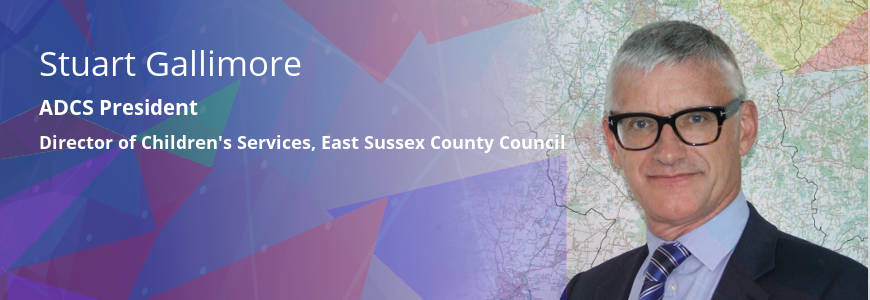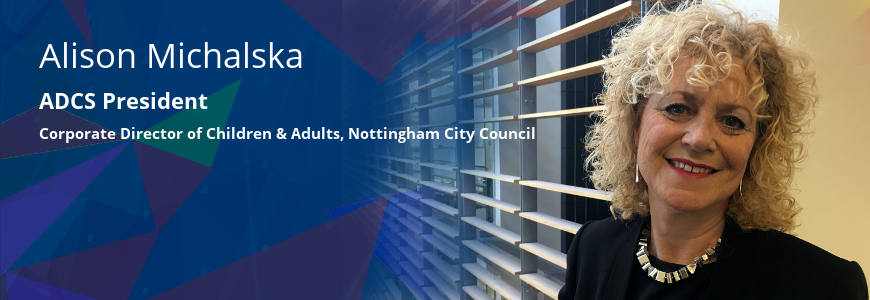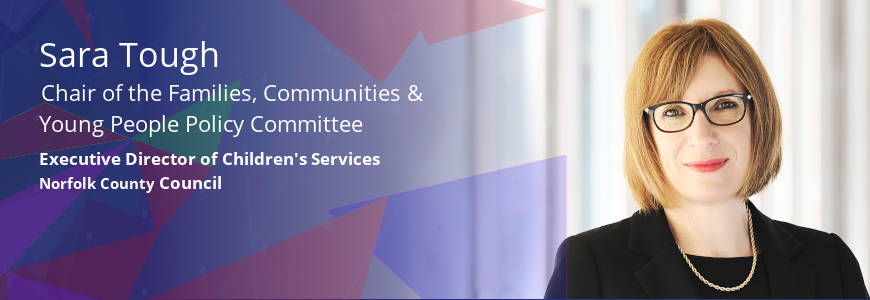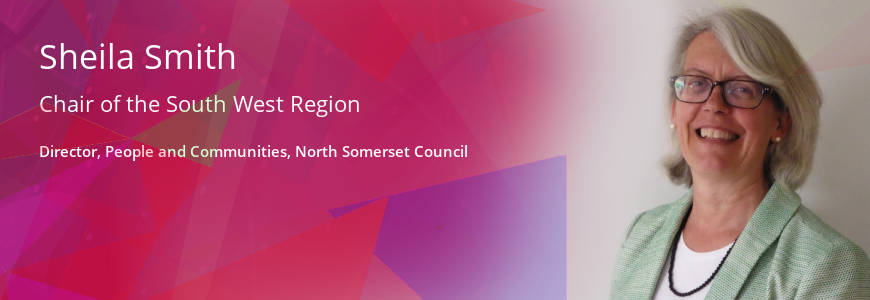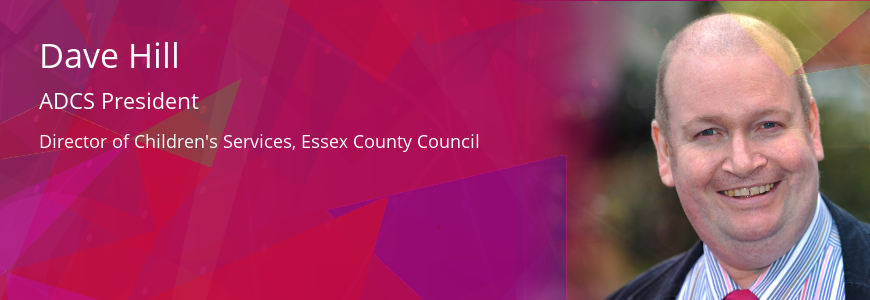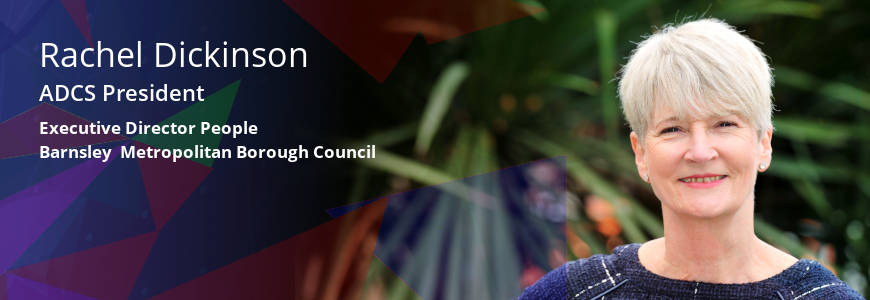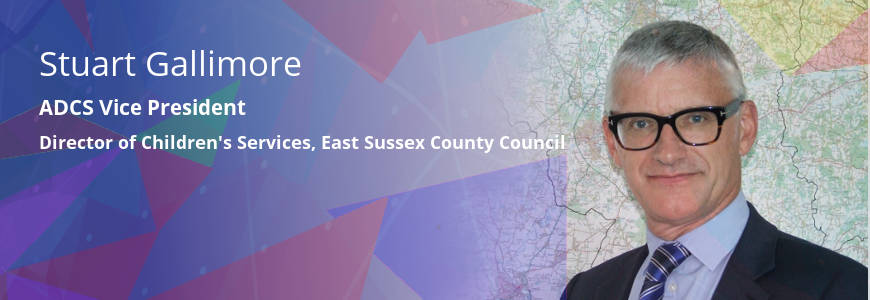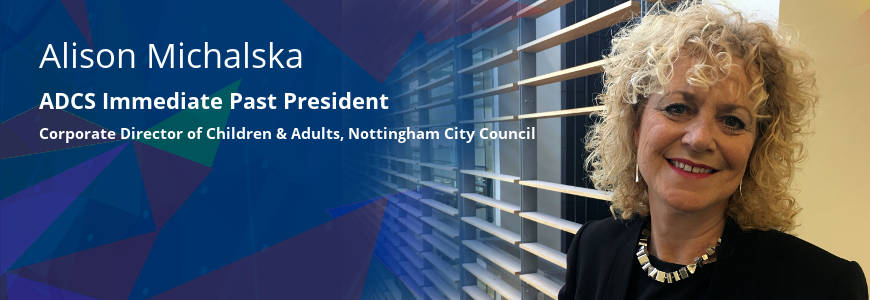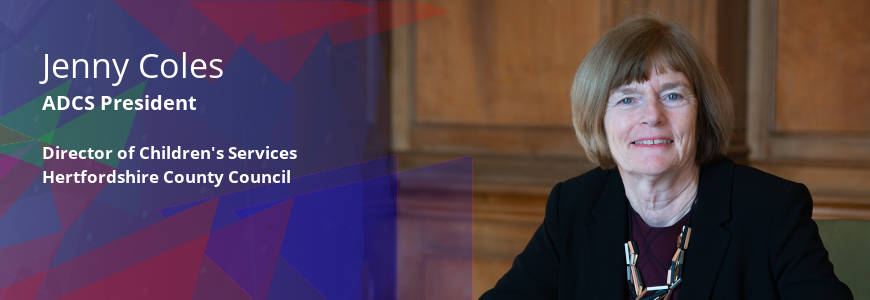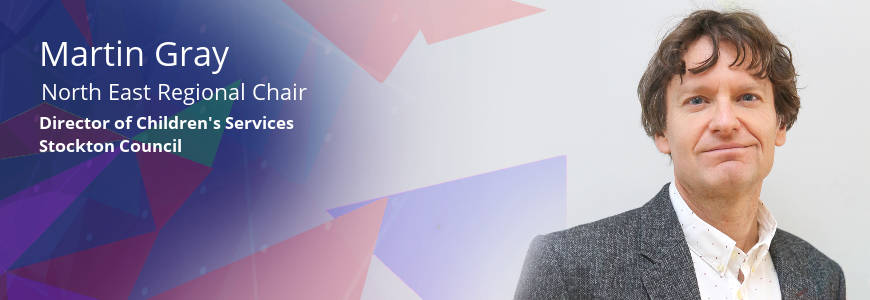‘Britain faces a social mobility emergency’
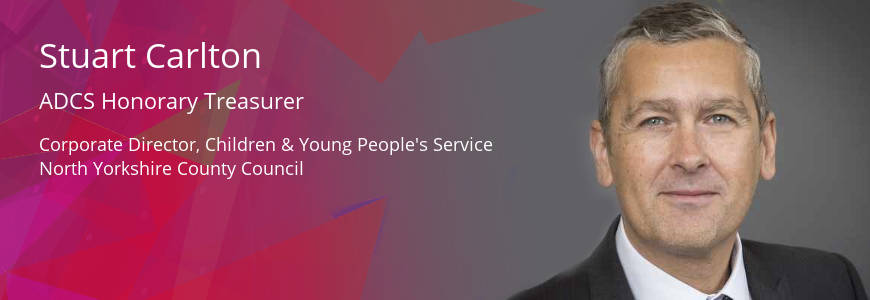
‘Britain faces a social mobility emergency’, these were the words of Justine Greening at the Sutton Trust Social Mobility Summit 2017. Improving social mobility so that all children and young people, irrespective of their background, can achieve their full potential, has been an aim for successive governments, and having a Secretary of State who is placing social mobility at the heart of her agenda is most welcome.
All children and young people should have the opportunity to lead happy and fulfilled lives, no matter where they are born or live, so it cannot be right, and indeed we should be ashamed, that in the UK today, the biggest determinant on what you achieve and how long you live is where you are born. In Closing the Gap? (2017), a report by the Education Policy Institute, it is clear that without a marked improvement in the rate at which gaps are being closed, it would take us until almost 2070 before disadvantaged children did not fall further behind other students during their time in education. Currently, disadvantaged children start school at least 4 months behind and finish secondary about 2 years behind others. That is a staggering outcome.
The moral dilemma and purpose is clear, and if that alone wasn’t enough, the economic one is as stark. If the UK could bring its social mobility rates up to the European average it would be worth an extra £39 billion in GDP.
We are starting to see announcements that will try to address these issues of social mobility. These represent a real chance for the sector to innovate and do some things differently.
Opportunity Areas are now becoming operational. In my own local authority, in North Yorkshire County Council, we have the North Yorkshire Coast Opportunity area. The plan, which is being chaired by Sir Martin Narey, looks fantastic and I have huge hopes and ambitions for the area. However, if it produces some great establishments but doesn’t inspire the community to use them, it will fail. So, a key aspect of its success will be engaging communities. This aspect of social mobility is filling our thoughts currently as we look to become operational.
In addition to this the Secretary of State recently announced a range of new measures to tackle inequality and boost opportunity across the country including a network of English hubs to improve early language and literacy, trialling evidence-based home learning environments and plans to transform alternative provision so that all children and young people who are not in mainstream education have access to good education, to name a few.
And to make the case for improving social mobility even stronger a number of recent reports have also added to the body of research and evidence that already exists. A new report by the Early Intervention Foundation calls for language to be a child wellbeing indicator given its now recognised importance and we need to think harder about this area and about how we address this locally as part of a strategy to close the gap and address social mobility.
Earlier this month ADCS also published a new policy position paper, A country that works for all children’, which describes the growing concern of the increasing numbers of children in poverty, the huge budget gap we have to provide services and the damaging effect this is having on social mobility and calls for urgent action.
This is a truly wicked issue. We need to grab the opportunity this agenda presents and think differently. We all have a clear moral purpose to keep this agenda at the top of all that we do. If, as the Secretary of State suggests, it is an ‘emergency’ then let’s treat it as such and focus urgently and relentlessly on the issue, led by cross government and cross department thinking.
If nothing else, we need to be able to say that we have been ambitious, built on what works, and left a lasting change in the right direction. Our children and young people deserve nothing less.
Related Blog Articles
During last week’s 2020 ADCS annual conference, colleagues discussed options...
In Workforce
This is my first blog since I took over from Alison Michalska as President of...
In General
So, writing this in the middle of August makes me think that in many ways this...
In General
The National Children and Adult Services Conference 2017 opened on Wednesday 11...
In General
In my spare time, when I’m not doing the occasional bit of gardening,...
In General
Monday was International Women’s Day. Every year on 8 March, across the globe,...
In General
Since becoming a Director of Children’s Services in May 2010, I’ve never...
In General
“When ye proffer the pigge, open the poke”, circa 1858. Meat was a little...
In Education
As we move towards the Christmas break it does feel to be all around us....
In General
I can’t have been the only Director of Children’s Services who was saddened...
In Leadership
I would like to wish you all a very happy New Year after what I hope was a...
In General
This week marks my first as ADCS President. It promises to be an interesting and...
In General
It’s 3:45pm on Monday 8 January and the cabinet reshuffle is in full swing....
In General
The turn of the New Year is a time for many to look back at the previous year...


